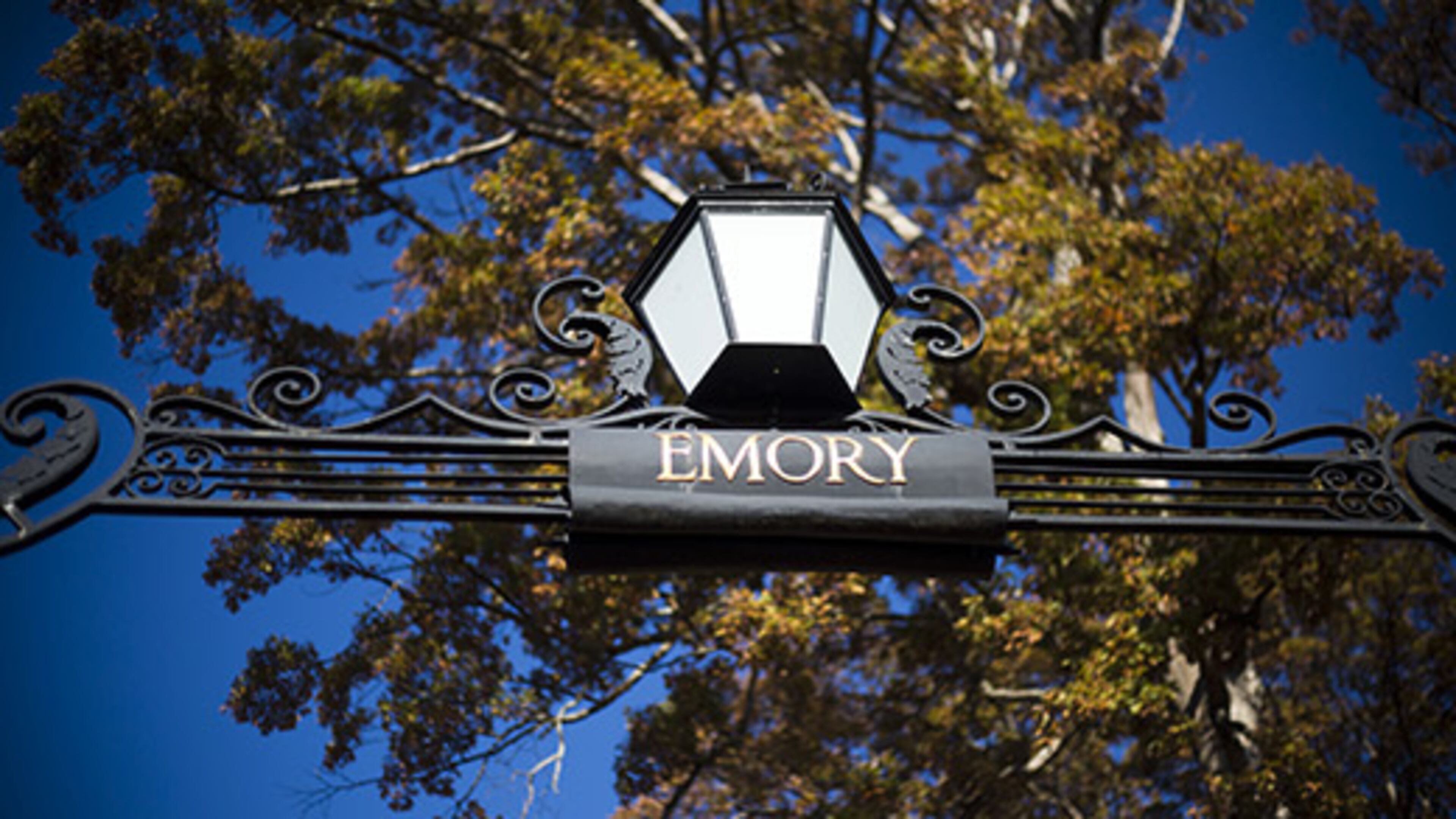Emory, other universities conspired to reduce student aid, lawsuit says

Emory and more than a dozen of the nation’s most prestigious private universities have worked to reduce the amount of financial aid they provided students, a class action lawsuit alleges.
The lawsuit, filed Sunday in federal court in Chicago, says the universities have systematically favored wealthy applicants in making admissions decisions and overcharged many lower-income students over nearly two decades.
“[W]e plan to vindicate the rights of more than 170,000 financial aid students and their families whom we believe have been overcharged by these elite universities,” Robert D. Gilbert, one of the attorneys, said in a statement.
Emory declined comment, citing the pending litigation.
Many of the schools named in the lawsuit are members of the “568 Presidents Group,” which agreed to award financial aid based on financial need. Emory left the group in 2012, according to the lawsuit complaint. Emory provides aid based on need to 60% of its undergraduate students, according to its website.
While the group says its goal is to assure educational access to students regardless of income, the lawsuit says administrators are operating otherwise.
The lawsuit alleges the schools meet occasionally and work together to inflate tuition costs and reduce financial aid awards. The lawsuit also says the schools favored students who were put on the waitlist who didn’t need financial aid.
The lawsuit complaint includes quotes from former officials at some of the schools who said they gave preference to students who could afford to pay full tuition, particularly when endowments are down and cost-cutting is required.
Six universities named in the lawsuit are Ivy League schools. Other southern schools named as defendants include Duke and Vanderbilt universities.



